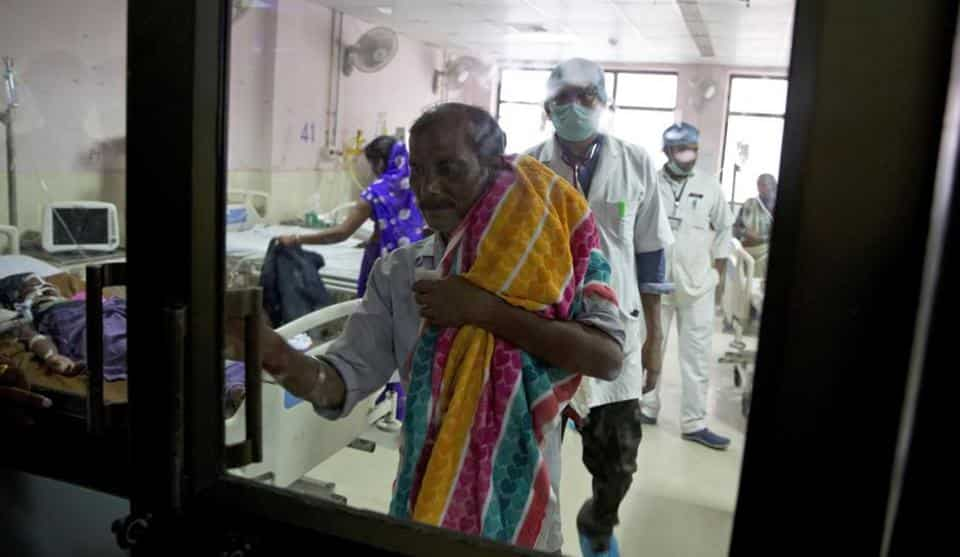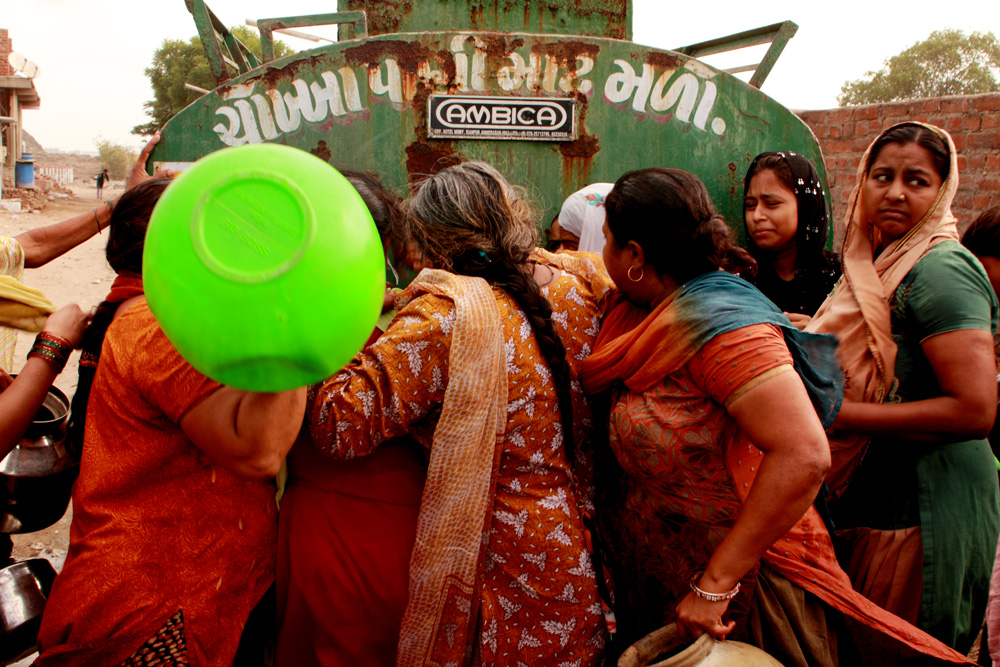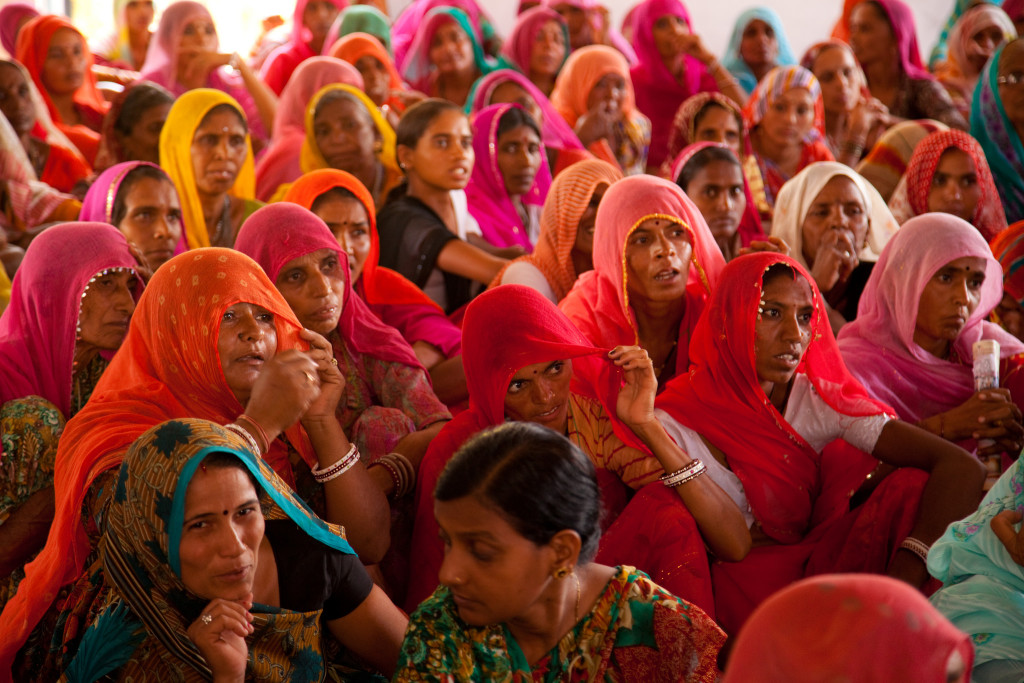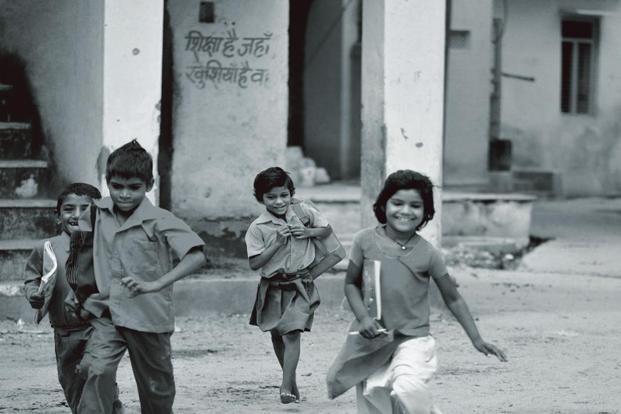Wage payments under the Mahatma Gandhi National Rural Employment Guarantee Act (MGNREGA) have been frozen in 19 states as of October 31, 2017, official data show.
Tag: Public Finance
The vicious cycle of unspent balances – Part 2
Why is the money allocated to social sector schemes left unspent.
Gorakhpur tragedy a reminder of all that ails India’s public funds management
For years, red tape has meant that departments have failed to secure and utilise all of their funding, which has often led to critical work being affected.
Status quo for majority of social sector schemes
There were a lot of expectations from Budget 2017. The demonetisation on November 8, and the chapter on Universal Basic Income (UBI) in the Economic Survey had raised our hopes for a big bang announcement on the social sector. Partially, I admit, this expectation was premature. UBI is complicated at best, something recognised by the Economic Survey as well, and the ‘benefits’, if any, of demonetisation are yet to be realised. The net result is thus status quo for a majority of the schemes under the social sector.
Here’s What Really Happens To Budget Rupees For The Social Sector
On the 1st of February 2017, the Finance Minister will present his 4th budget to the nation. Like every year, the budget speech will be followed by a slugfest as political parties and commentators argue over stated priorities and budget allocations. The debate is particularly shrill when it comes to social sector schemes as politicians and commentators can never quite agree whether allocations in a given year are too high or too low. But for the average bureaucrat and the aam junta—the actual beneficiaries of these contentious social schemes—these debates over budget estimates are meaningless.
Social Sector Investments in Budget 2016 No Different Than Previous Year
Arun Jaitley’s Budget was high of rhetoric, but this doesn’t quite add up to a clear vision and narrative for social policy. Overall, social sector expenditure, excluding rural development, has indeed increased – by 6%. The increases are marginal, especially if we compare 2014-15 revised estimates (RE) with the current budgeted estimates (BE).
Fiscal Reform Needed For Panchayati Raj Institutions to Work Better
The complex intergovernmental fiscal transfer system is neither designed nor operationalised to fulfill its own vision of devolution to panchayats.
Decentralisation delusion
There is no political will to hand over the powers and resources to local govts to respond to peoples needs.
On April 24, 2013, India celebrated the 20th anniversary of the passage of the 73rd and 74th constitutional amendments mandating the creation of a third tier of the elected governmentthe panchayati raj institutions (PRIs)in rural areas and municipal councils in urban India. hen passed, these amendments embodied the aspiration of transforming Indias top-down, district magistrate raj babu culture through greater decentralisation. However, 20 years on, there is little argument that this aspiration remains unfulfilled and efforts to decentralise government, despite the constitutional provisions, have been half-hearted at best.
Visible government for invisible people
India has a strong, vibrant economy with a confident middle class, but governance — especially the capacity to deliver basic amenities such as education and health — is its greatest weakness. For India’s burgeoning middle class, the solution seems to lie in the market, but what of the poor?
Budget 2016 and the social sector
While there has been an overall increase in social sector allocation, these are by no means significant. Yamini shares her thoughts on the 2016 budget and the social sector.





